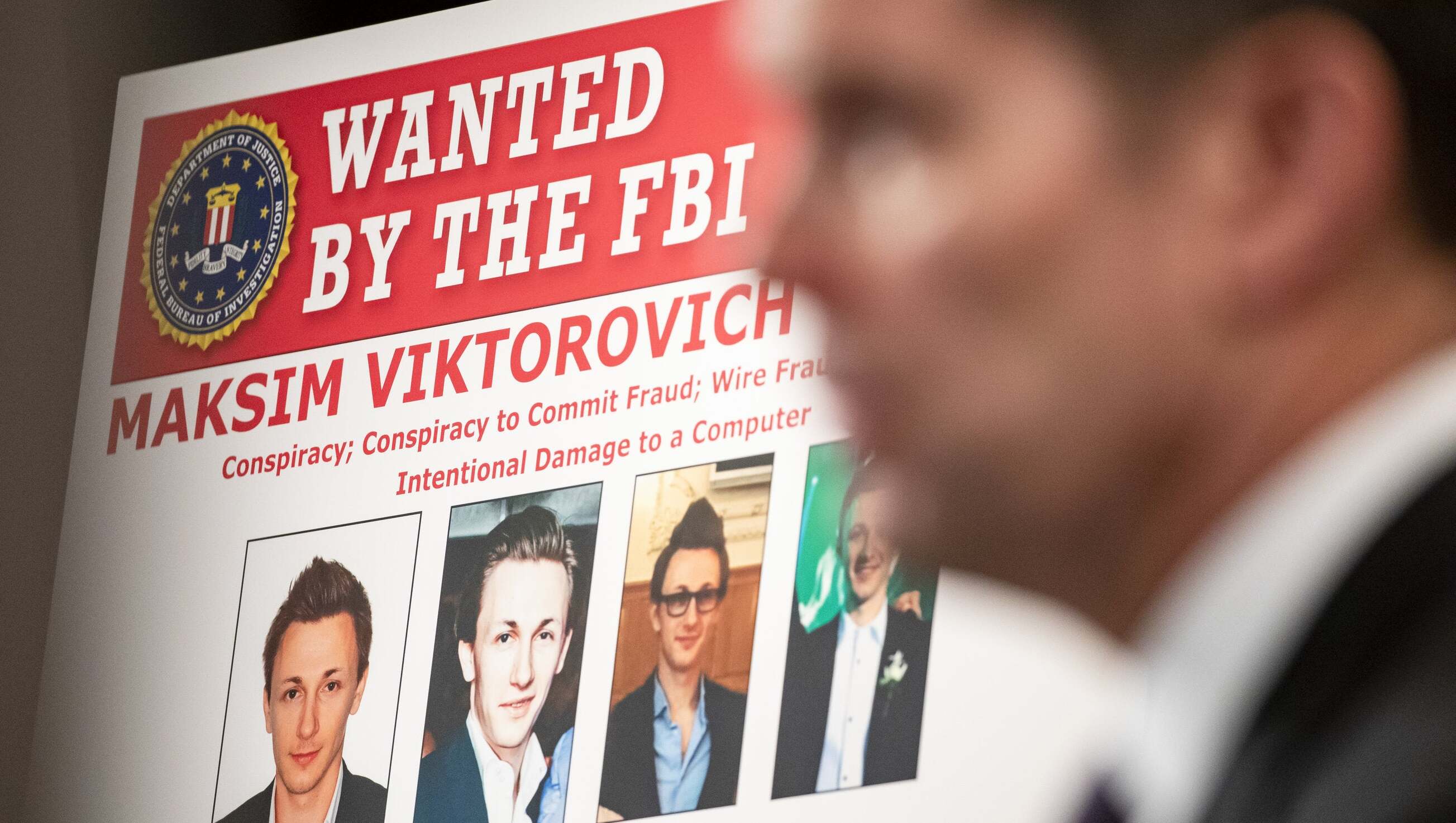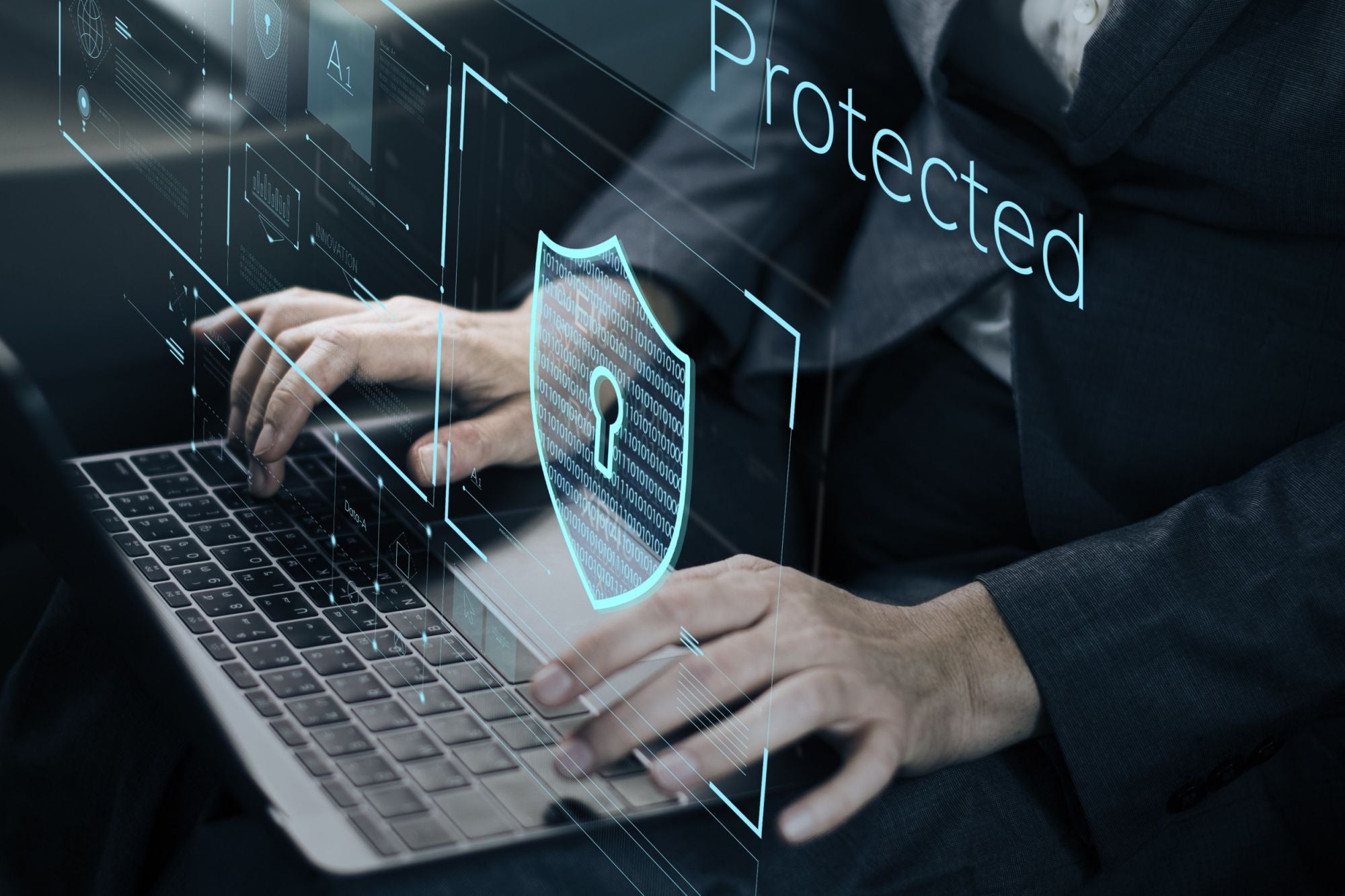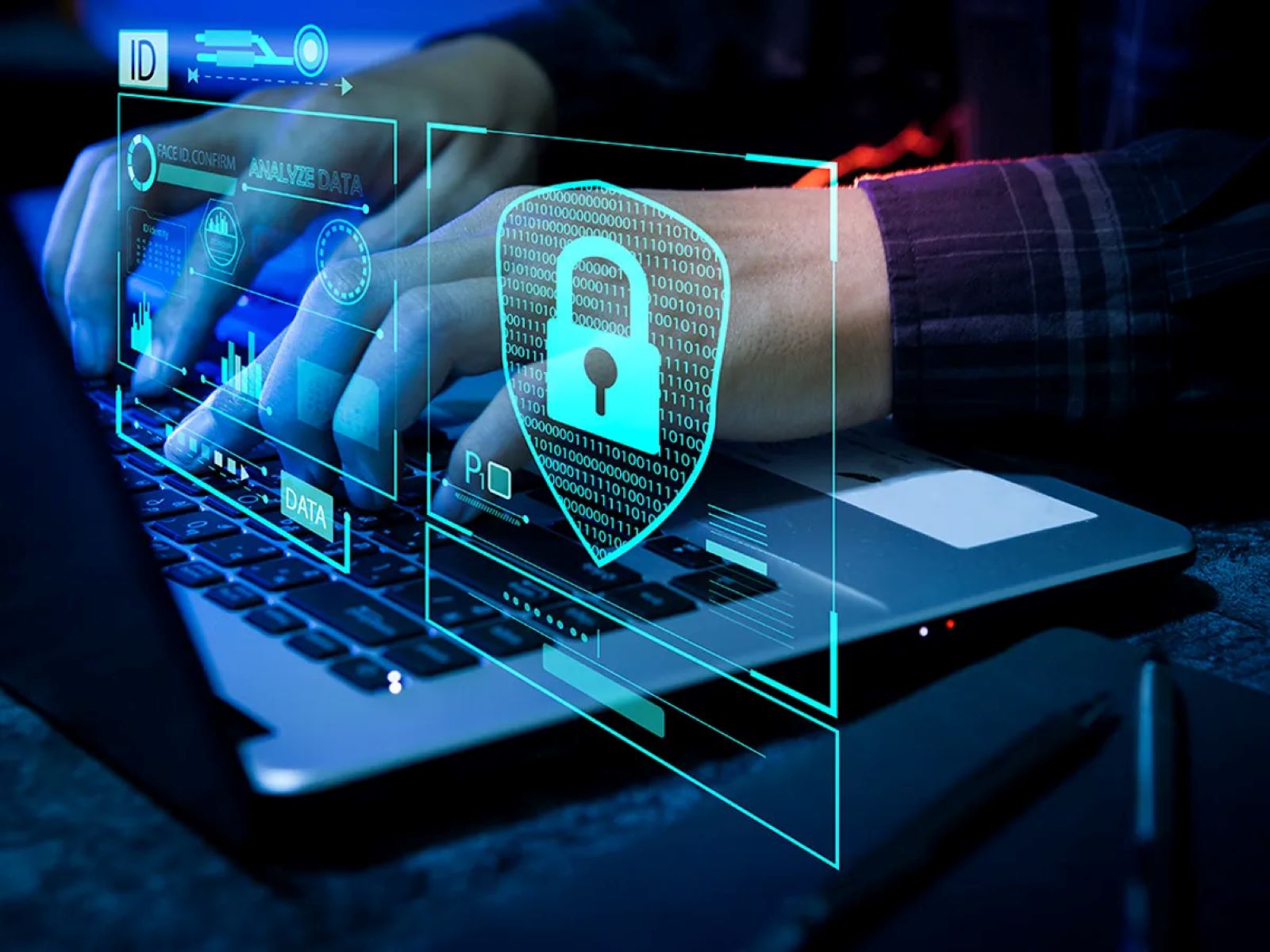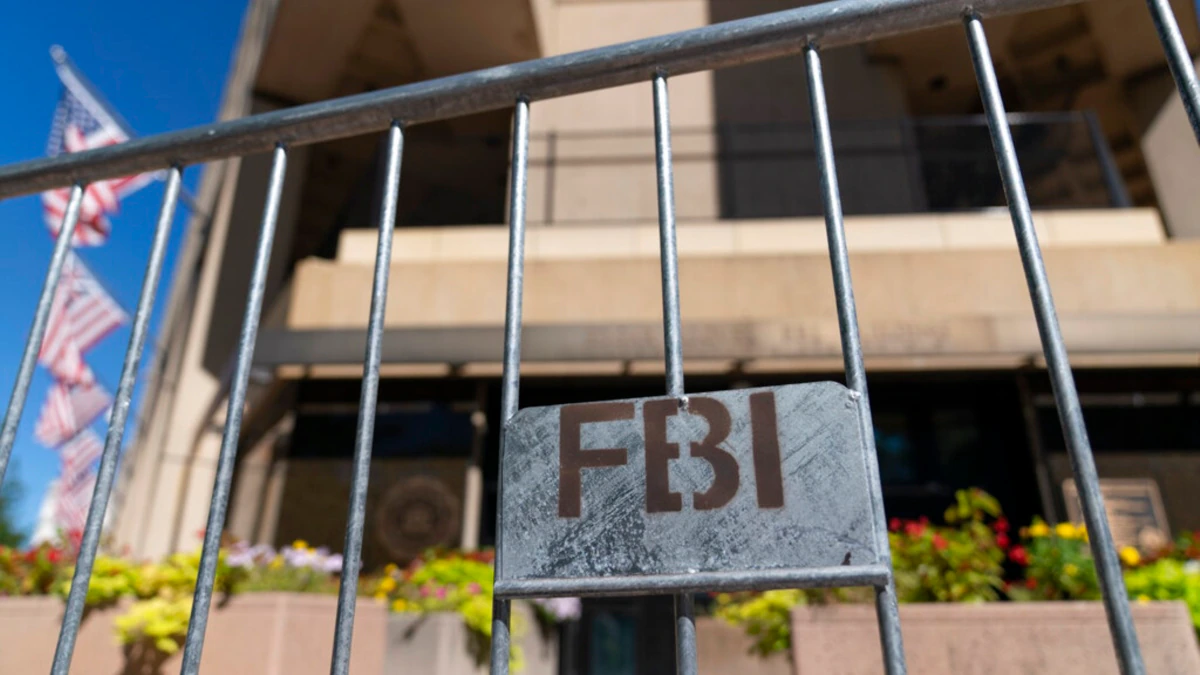A Russian hacker known as Mikhail Matveev, alias “Wazawaka” and “Boriselcin,” has recently made headlines as he is now on the FBI’s most-wanted list. Despite the $10 million reward offered for his capture, Matveev seems unfazed by the situation. In fact, he believes that the sanctions imposed on him have actually improved his life and enhanced his security.
Key Takeaway
Russian hacker Mikhail Matveev, wanted by the FBI and subject to sanctions, claims that his life has improved since being targeted. He believes that the sanctions have enhanced his security and protected him from potential deportation. Matveev denies direct involvement in ransomware activities, asserting that he merely rented software for personal purposes. While he expresses nostalgia for his hacking days, Matveev remains tight-lipped about any potential future endeavors.
The Impact of Sanctions
Matveev expressed his confidence, stating, “We are Russian people, we are not afraid of the American government.” He claimed that the sanctions have not affected him negatively and have even had a positive impact on his security. Matveev believes that the sanctions protect him from being deported by Russia and consequently, he feels more secure.
To ensure he remains within the protective confines of Russia, Matveev has decided to stop traveling altogether. In fact, he claimed to have “burned” his passport, indicating his commitment to avoiding capture outside of Russia. Apparently, his last trip was back in 2014 when he visited Thailand and indulged in the delicacy of scorpion, which he described as “delicious.”
Denying Ransomware Affiliation
Earlier this year, Matveev was accused by the U.S. government of participating in a global ransomware campaign, targeting victims worldwide. However, Matveev denies being affiliated with any ransomware group, claiming that he only rented their software for personal use. He asserted that he used the ransomware to test it in a controlled environment and to deploy it in real-life scenarios. He also rejected any continuing interest in ransomware activities, stating that he is no longer involved.
In regard to the allegations made against him, Matveev dismissed the claims that he intentionally infected Washington, D.C.’s Metropolitan Police Department with ransomware. He emphasized his independent status, asserting, “I have never been the author of the Hive and Lockbit project, I was only an affiliated independent person—by myself, my own master.”
Lighthearted Approach
Since his indictment and subsequent sanctions, Matveev has not shied away from the public eye. He has maintained a lively presence on social media platforms, including X (formerly Twitter), where he has engaged in cybersecurity discussions and even trolled the U.S. government. In one instance, he printed a T-shirt featuring his own FBI most-wanted poster, encouraging his followers to purchase similar merchandise.
Matveev’s Future Endeavors
While Matveev declined to disclose his earnings from ransomware activities, he revealed that he now invests in cryptocurrencies and has developed an interest in cybersecurity. He is currently working on a website dedicated to cybersecurity. Although he expressed a wistful longing for his hacking past, Matveev stated that if he were to return to hacking, he would keep it under wraps, hidden from public knowledge.

























